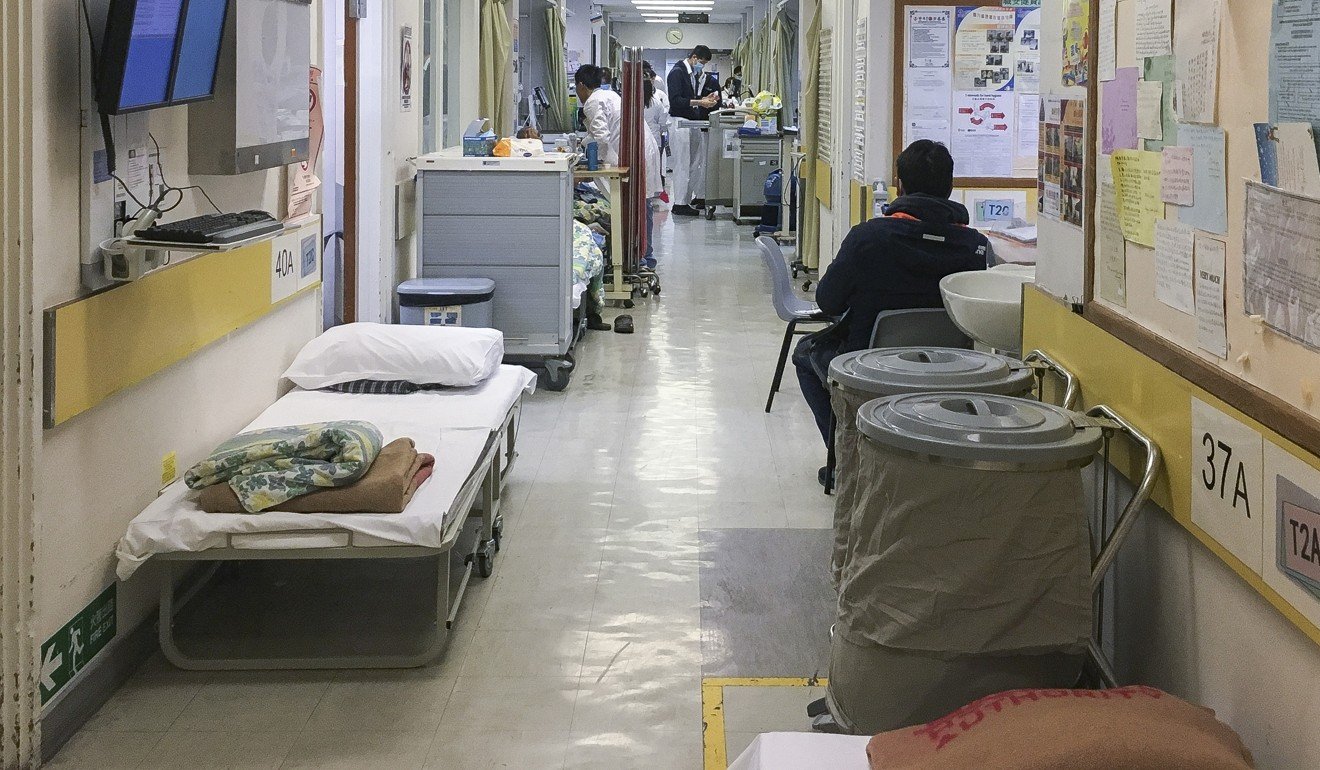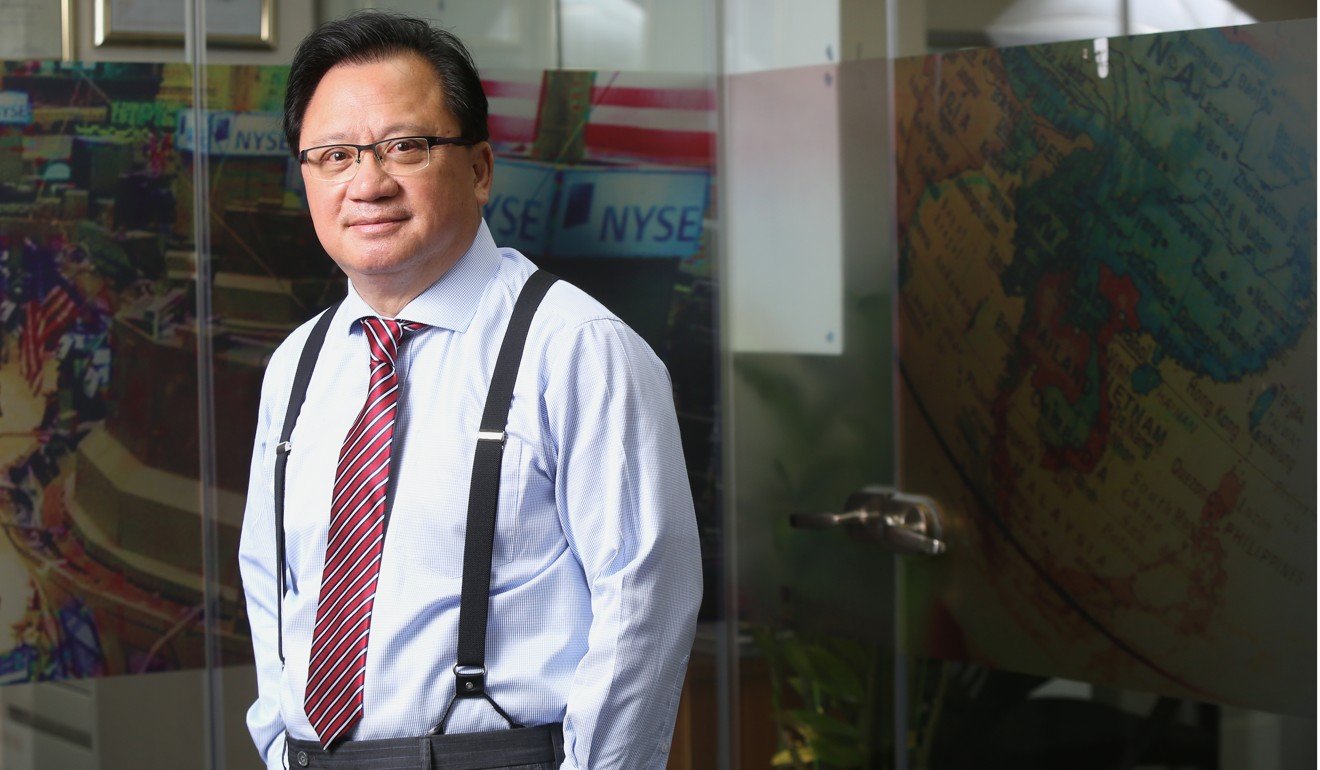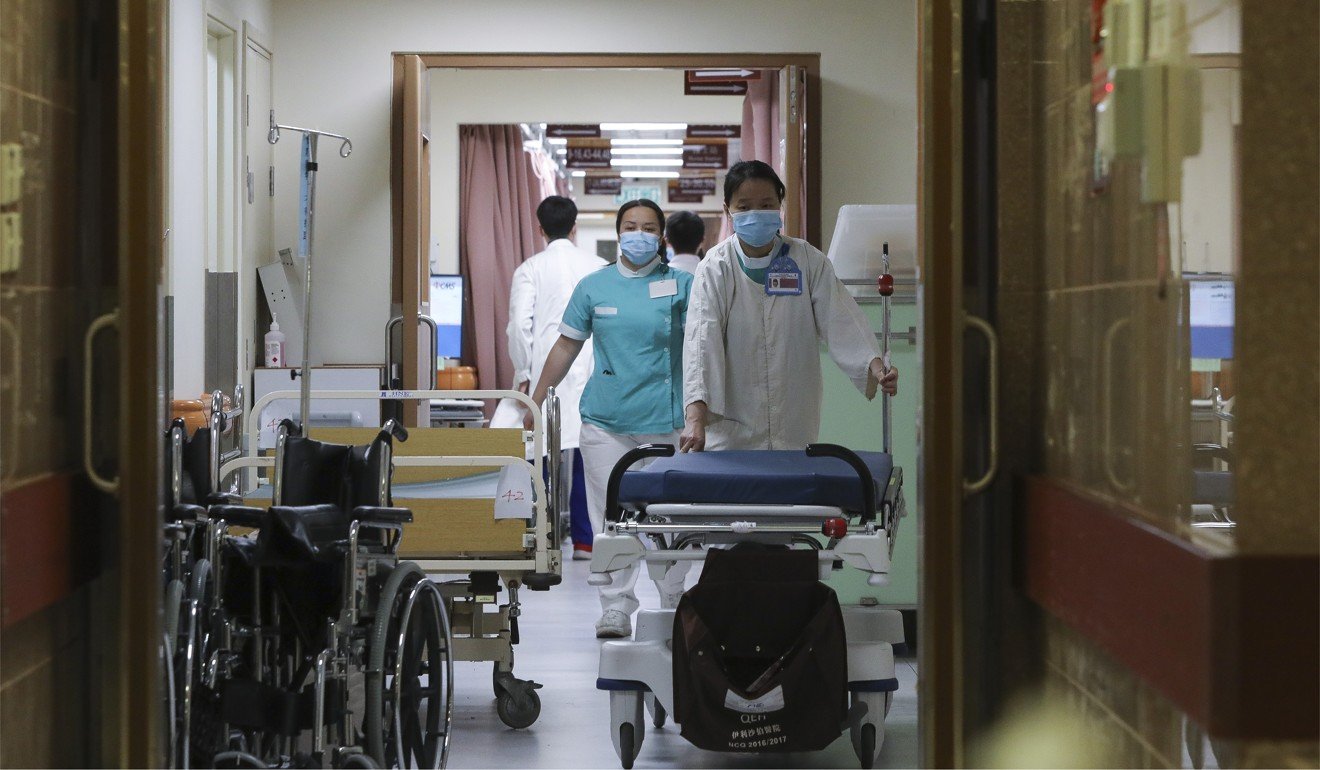
Hong Kong’s doctors and nurses head for new lives in Australia, Canada and Britain, as 24,300 residents emigrate in 2017
Fears of a brain drain in health care sector as number leaving city spikes and consultant says 10 per cent are medical professionals
Hong Kong’s medical professionals increasingly opted for a life overseas in 2017 as part of the largest exodus of residents in five years, as 24,300 people left the city.
The latest emigration figures have exacerbated fears of a brain drain and manpower shortage at Hong Kong’s public hospitals. One migration consultant said 10 per cent of his clients seeking residency overseas were health care practitioners.
Record low population growth of just 0.4 per cent was recorded by the government’s Census and Statistics Department last year. Some 24,300 people emigrated – the highest number since 2012.
Among them were doctors and nurses in greater numbers because it was relatively easy for them to gain citizenship abroad amid a global shortage of medics, a Hong Kong lawmaker and a migration consultant said.

Australia, Canada and Britain remained the most preferred destinations for those tired of the city’s long working hours, congested living environment and contentious politics, the consultant said.
Experts urged the Hong Kong government to focus on retaining talent or risk a damaging brain drain and shortage of labour in the face of a rapidly ageing society.
‘Be vigilant with your talent’ organisations warned as Hongkongers’ desire to emigrate higher than global average
“It is really heartbreaking to see doctors and nurses leaving Hong Kong after we have invested so much to train them,” said John Hu, founder of a migration consultancy in Wan Chai.

Joseph Lee Kok-long, chairman of the Association of Hong Kong Nursing Staff, also said he had seen more nurses leaving, likely because of the heavy workload and long hours at overburdened public hospitals.
Lee sits in Hong Kong’s legislature representing the health care sector. He said quite a number of nurses had recently approached him for a certified true copy of documents used for migration.
Hong Kong needs hope to quell emigration concern
Public hospitals have been stretched to breaking point this winter as a surge in flu outbreaks rages through the city. There is a citywide shortage of about 300 doctors and at least 200 nurses.
Lee said many nurses had complained to him of having to skip meals and toilet breaks in an effort to get their work done.

Hu also blamed the departures on tough conditions at hospitals.
“Can you blame them when the working conditions are so horrible, the wait at emergency departments is eight hours, and people see no hope for the city’s future?” Hu said.
Hong Kong’s chronic doctor shortage can be cured with new tech and new blood
Last year’s emigrant number of 24,300 was vastly higher than the 6,100 seen in 2016. But the figures do not take into account about 30,000 to 50,000 people from mainland China who come to the city to settle with one-way permits every year.
In 2015 Hong Kong saw a rare inflow of 5,500 non-mainlanders coming to settle.
There were 17,900 emigrants in 2013 and 15,700 in 2014.
Watch: five questions answered about Hong Kong’s flu season
Figures from the Canadian consulate showed 1,210 Hong Kong people became permanent residents of the country in 2016. That was about double the 630 in 2015 and 585 for 2014 – the year of the city’s tumultuous Occupy protests.
Applications spiked from 977 in 2013 to 1,481 in 2014, before dipping to 1,096 in 2015 and levelling out at 1,194 in 2016.
Hu said his consultancy last year saw double-digit growth in clients seeking citizenship abroad, and about 10 per cent were medical professionals. Others worked in sectors including education, information technology and accounting.
Hong Kong’s struggling public hospitals need a transfusion of doctors and nurses from overseas
He cited a 25-year-old nurse who recently sought help while complaining about her work.
“She said there were long queues in the hospital every day of old women waiting to be bathed. When she thought of her future and that of Hong Kong, she felt the city had no hope,” Hu said.
Paul Yip Siu-fai, chair professor of population health at the University of Hong Kong, said emigrants were usually highly skilled with top professional training. They were very often in their prime working years of between 30 and 40 years old.
“If the government does not find ways to retain this group of people, Hong Kong will see a problem with a talent drain and a shrinking workforce amid a rapidly ageing population,” Yip said.

